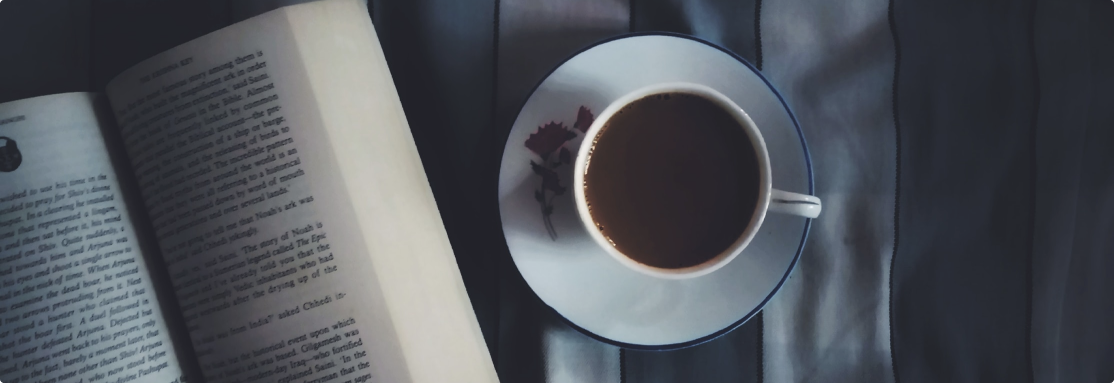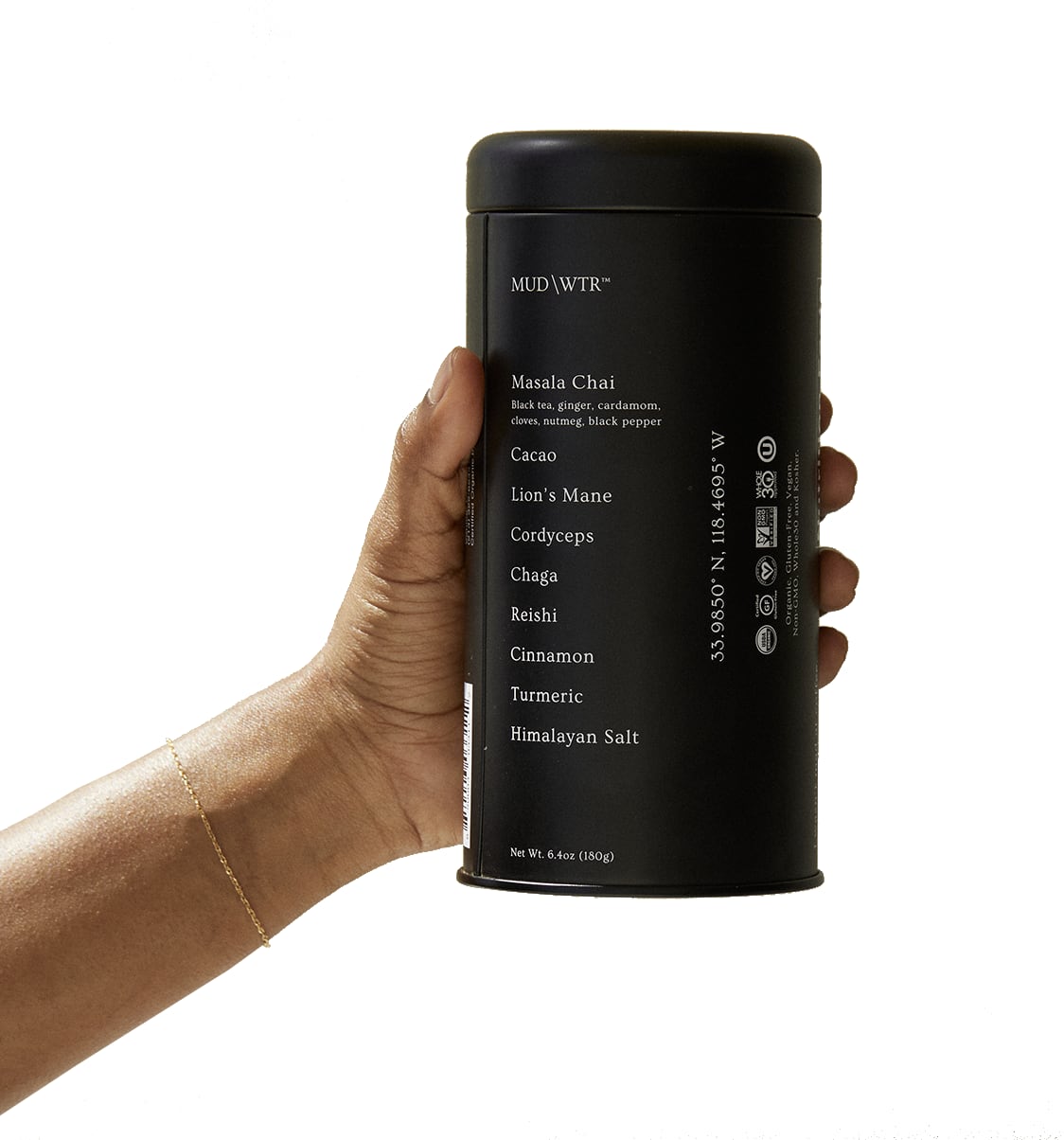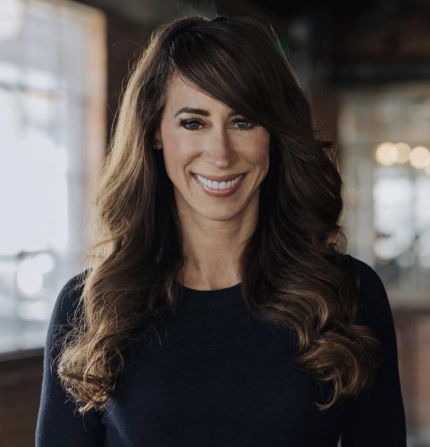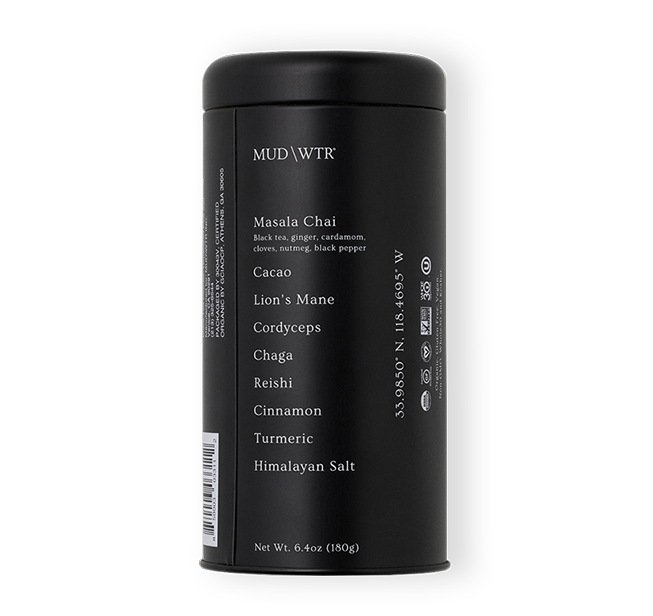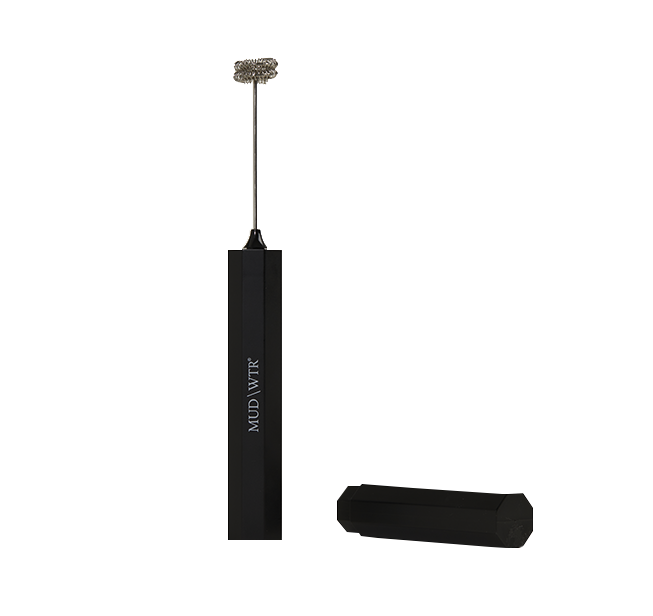I liked coffee. The smell, the taste and, more importantly, I liked the ritual.
Friends, colleagues and the sprawling cafes on every corner made me believe that high doses of caffeine
would allow me to do more and do it faster.
At first, it seemed promising. I would drink a large black coffee before opening my laptop and feel an
immediate, manic rush of energy. Then, a few hours later, I would crash. The solution? Just drink more.
This pattern led to increased tolerance, and increased tolerance led to the need for over 400mg of
caffeine a day just to function.
I was addicted. Soon, the sh*tty sleep and sympathetic nervous system activation were killing my
creativity and productivity—the very things I drank coffee to support. That's right, high doses of
caffeine made me worse at just about everything: I was jittery, unable to think creatively under stress
and dependent on a substance that causes withdrawals severe enough to be labeled as a mental disorder by
the American Psychiatric Association.
What I didn’t understand then is that caffeine blocks the brain’s adenosine receptors, which tricks it
into not feeling sleepy. This is great for keeping your eyes open in a pinch, but terrible for actually
allowing your body to create energy for itself—something that’s done while sleeping. It also stimulates
cortisol and adrenaline, which come in handy for evading a tiger attack. But for everyday tasks like
designing a website, dosing up on hundreds of milligrams of caffeine is like using a flamethrower to light
a candle.
I wasn’t drinking coffee because it was actually good for me, but because culture told me it was. Eight
out of 10 Americans drink coffee, and the average office worker drinks 20 cups per week, but when I
learned about the science and began to question its benefits, it became obvious that I would be better off
without it.
So I dropped coffee and set out to find something better.
I quit my job in Silicon Valley and traveled around the world, which kicked off years of unlearning. I
finally began a lifelong journey to uncover who I am and what I wanted to do with my life. I found myself
questioning the beliefs and norms that culture, parents, friends, teachers and advertising had woven into
what I thought was cool, right and wrong. I started to discard what I didn't align with and introduce what
did.
Realizing that my morning ritual could be more than just a vessel for high doses of caffeine, I began each
day by filling up a large mug with an unsweetened powdered masala chai blend. I added turmeric to support
post-workout recovery, cinnamon because it contains antioxidants, cacao for mood, lion’s mane for focus,
cordyceps for natural energy, and chaga and reishi for immunity.
In the end, I had a drink that optimized my mind and body. I was feeling amazing and, with only a fraction
of the caffeine found in coffee, I was sleeping again. Now I’m inviting you to question whether coffee is
right for you.
And if it isn’t, this coffee detox program can help you find a healthier morning ritual, whatever that
means to you.
—Shane Heath

